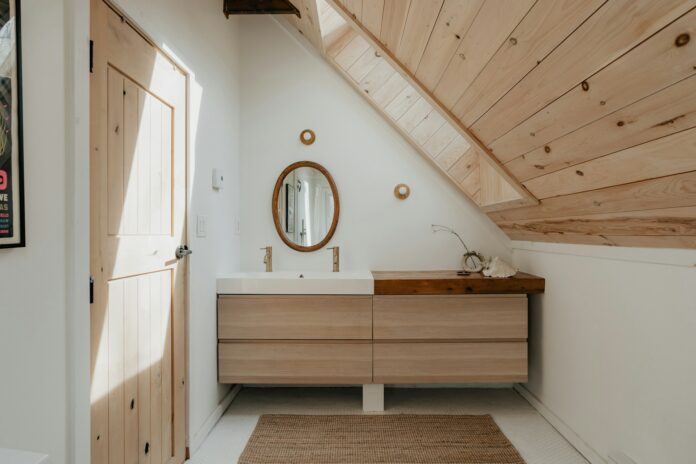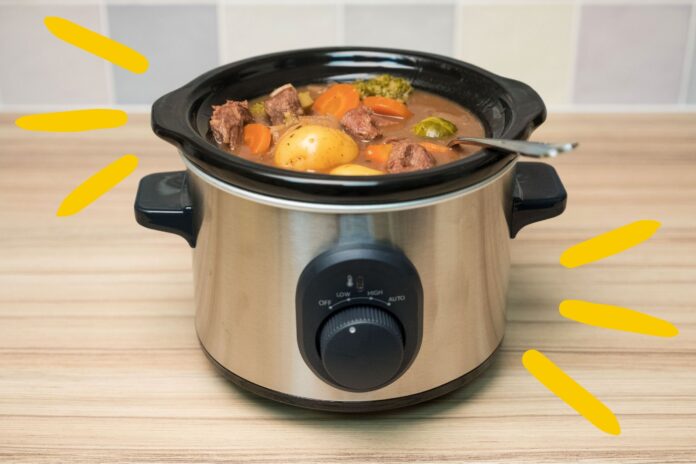As USA Founding Father Benjamin Franklin once said so aptly, ‘’time is money’’. But if you’re keen to buy a new watch and want to save money whilst still keeping time, then have you considered a part exchange?
Like other forms of part exchange, buying a new luxury watch becomes much more affordable when you already have one to sell.
If the watch dealer accepts part exchanges, then you will be able to fund your purchase by effectively selling your current luxury watch at the same time as you buy a new one.
As Benjamin Franklin also said, ‘’Lost time is never found again’’, and it’s important to bear in mind that not every watch dealer offers part exchanges, so seek out a reputable firm that’s well known for providing fair pricing before proceeding with negotiations. This will save you time and money in the process.
So, if you have a watch you’d like to part exchange, then what can you expect of the process?
HAVING YOUR WATCH VALUED
To begin with, you will need to know the approximate value of your luxury timepiece to ensure you’re getting a fair deal. Without a rough idea of how much you might get for it (and how much it’s appreciated or depreciated in value), it will be impossible to know whether you can afford the watch you want to buy.
A Rolex Daytona that is still in superb condition could set you back over £40,000, for example, so you’ll need to add the value of your current watch to your budget to know whether or not it is within reach. Nowadays, you can get a rough estimate of your watch’s value online, by sending a photo of your watch and a brief description of it to a jeweller, should they offer this service.
For a more detailed valuation, a jeweller is going to need to see your timepiece in person. You may pay around £50 for this, as expertise and that all-important time are required for a precise valuation. Taken into account is demand, supply, rarity, scarcity and the condition of your watch, too.
The National Association of Jewellers should be your first touchpoint for a valuation, as many part exchange programmes will only accept watches which have been independently evaluated by a NAJ approved jeweller.

A DETAILED INSPECTION
So long as the valuation of your luxury timepiece means you can afford to proceed with a part exchange, your next step will be to allow your watch to be inspected.
According to Bonds of Brentwood, a luxury watch dealer who specialise in part exchange, without seeing a timepiece close up it isn’t possible to offer an exact price. All sorts of minor issues that won’t be picked up from an initial assessment can affect the price. Of course, some watch brands command very high prices, especially the ones that collectors like, so your timepiece’s valuation could even go up, thereby allowing you to make a profit from your part exchange.
If you want a fair price in the part exchange deal, a respected valuation, done face-to-face, is essential.
Since issues of scarcity are fluid and changeable, your watch’s value may change regularly. It’s sensible, then, to get any luxury watch you own valued fairly regularly, so you can capitalise on the best time for a part exchange.
PROOF OF OWNERSHIP
It is a good idea to provide the valuer with any proof of ownership you might have. This could be the original receipt, of course. Equally, if you inherited your watch, you might be able to produce some documentation in support of this. Please note that these aren’t always necessary to get a good part exchange deal but they can be beneficial in helping to maximise the value of your watch. In addition, if you have the original box your watch came in, this can help to ensure you will get the best price possible for it.
PART EXCHANGING
If you would like to proceed with the part exchange deal on offer, then you will need to complete the transaction in one go. Don’t sell your watch and then use the funds to buy the one you want to purchase. A part exchange is a single transaction, so your bill of sale should reflect both the part exchange value of the watch you have handed over as well as any remaining sum that you need to settle.
Most luxury watch dealers will accept cash as well as card payments. If you are part exchanging for a profit, then ask for the sum to be transferred to your bank account.
During the price negotiation, remember that an original proof of purchase and ownership will likely be required, as we mentioned earlier. Official documentation that proves that the watch is genuine, as well as the watch’s original packaging, will help assure the watch dealer of your timepiece’s origins.
Be sure to ask for the same level of scrutiny for the watch you’re purchasing. Because as Benjamin Franklin also once said so sagely; ‘’Haste makes waste’’. Do your due diligence, and you’ll end up with a watch that could well become an investment.
Speaking of investments, check out our guide to these 5 of the best British watch brands for something classy, elegant and timeless.





